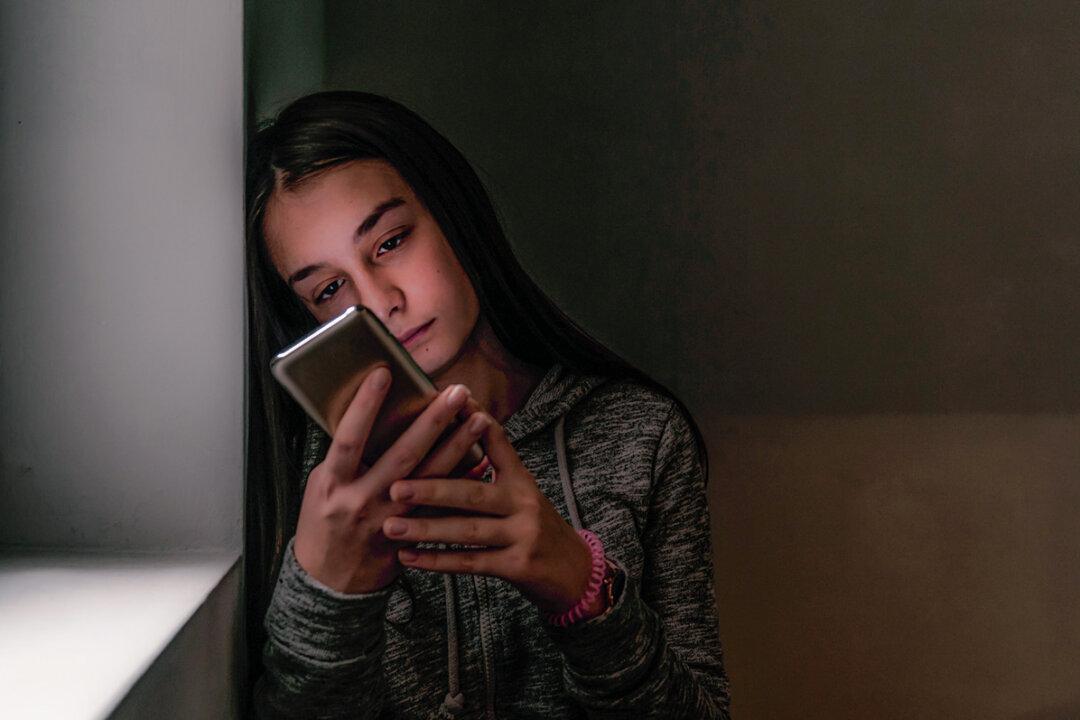Commentary
New studies are showing just how influential social media is on a person’s life, and they seem to show a mix of the good, the bad, and the ugly.

New studies are showing just how influential social media is on a person’s life, and they seem to show a mix of the good, the bad, and the ugly.